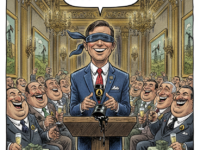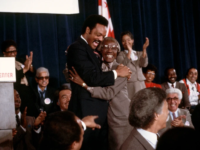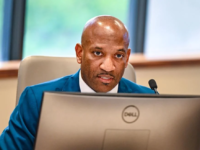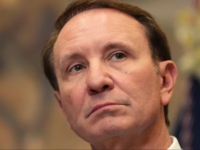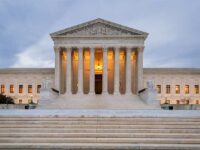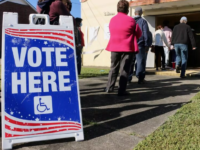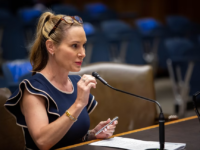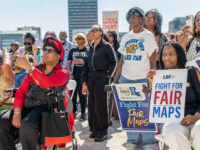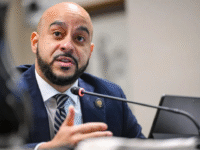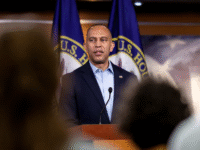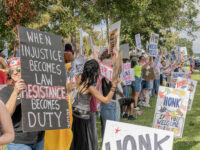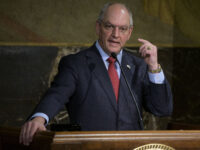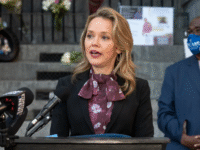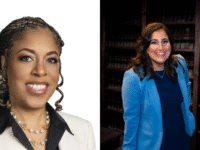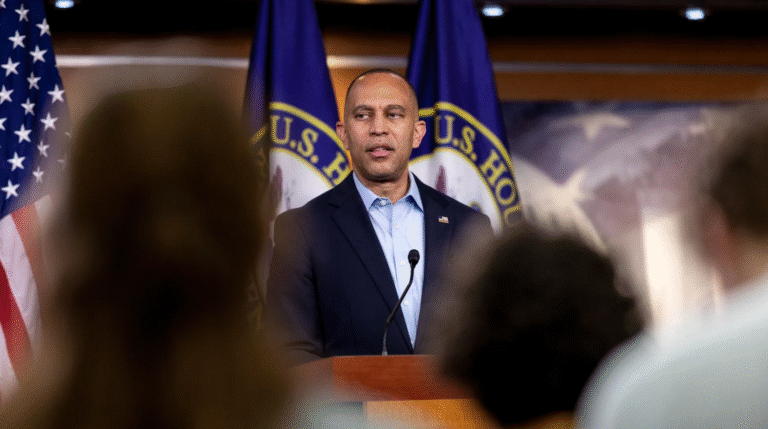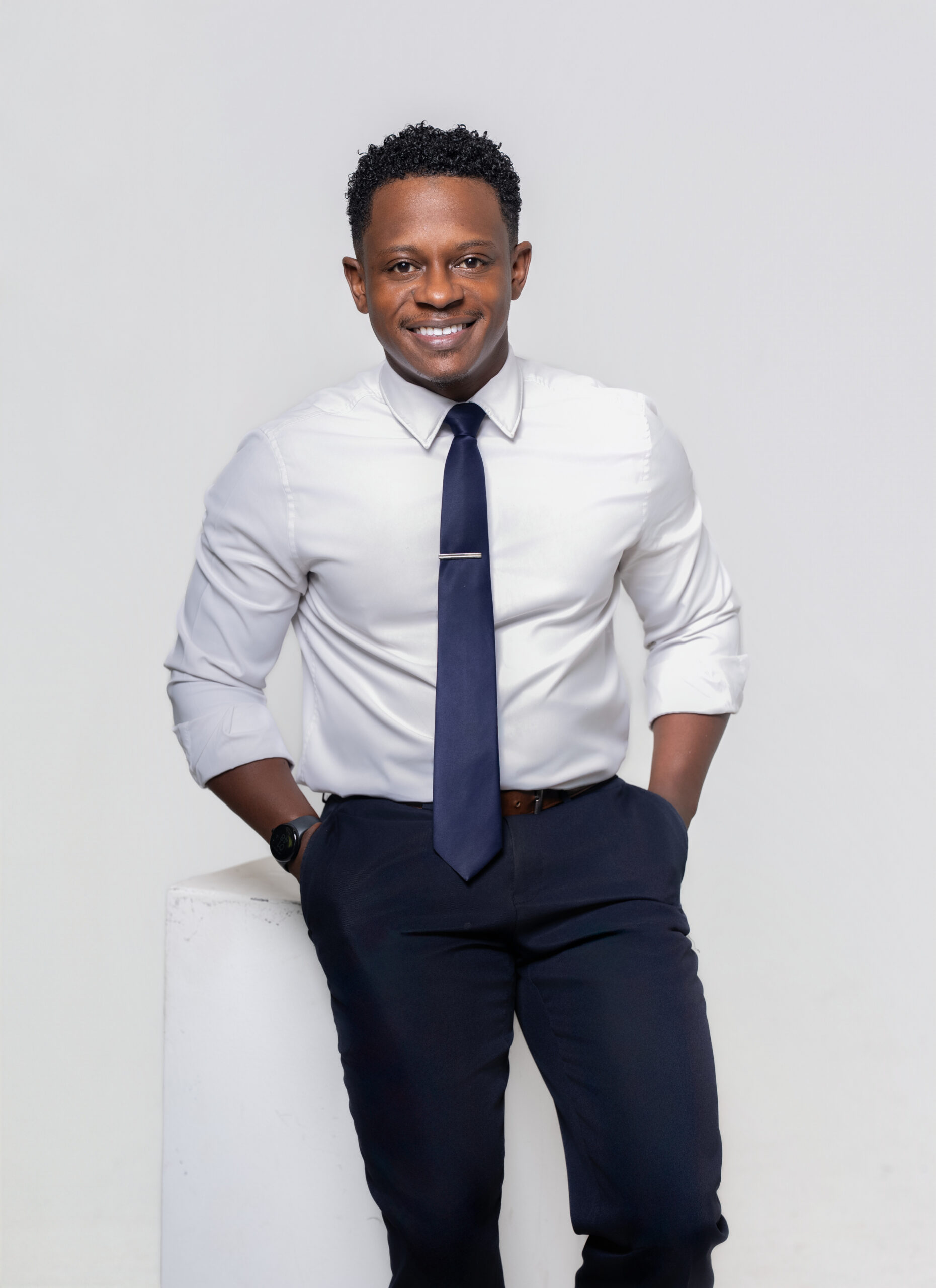In every era of American life, Black excellence has been filtered through the lens of what our opponents will tolerate — and, more importantly, what we ourselves will accept. From boardrooms to ballots, the public face of Black leadership has too often been defined not by vision or intellect, but by comfort.
This is what I call the racism of low expectations.
We’re not talking about charisma or credentials. This is about a tacit bargain — both among white institutions and within our own community — that basic competence will suffice. The ones we elevate are often those who check the boxes: speak English “properly,” wear a suit, smile when required, and remain broadly palatable to white audiences. They can “cross over.” They don’t upset the system. They’re safe.
But choosing the safe is not the same as choosing the best.
As a pastor’s kid who spent my entire youth in the church, I’ve watched this dynamic play out up close. The Black church is our first institution of self-governance — our training ground for oratory, organization, and resistance. Yet it’s also where we’ve quietly accepted low standards of leadership. We’ve sat through sermons that, stripped of cadence, make little sense: scriptures misquoted, reasoning threadbare, congregations murmuring “Amen” to messages that would read like word salad on paper. And we don’t call it out. We tell ourselves: “Their style’s not for me,” or, “Somebody in the back must be getting something out of this.”
Beneath that hesitation lies fear — fear of drawing a line between inarticulate and uninformed, between style and substance. That fear, born of generations of being told we’re less than, has made us too willing to protect the unprepared and excuse the underqualified — because deep down, we worry that demanding more will validate the idea that we aren’t capable of more.
But our unwillingness to demand better has made it easier for others to expect less from us. And when we export those same lowered standards into politics, education, and public life, the results are predictable.
The pattern repeats: we elevate leaders who seem “safe,” whose appeal lies not in their brilliance but in their ability to reassure those outside our community that we won’t rock the boat. Over time, the “acceptable Black leader” has become a brand — an image defined more by palatability than performance. The tragedy is that this brand has become so pervasive that even our allies have internalized it.
Even well-intentioned white allies aren’t immune. Their ideals of equity collide with the reality that they, too, want good schools, safe neighborhoods, and competent government. When Black leadership repeatedly fails to deliver those things, belief in “the cause” starts to collapse under the weight of experience. They don’t say it aloud — they say it in the voting booth.
We’ve seen it across Louisiana and across the country. After a generation of Black mayors in Baton Rouge, the city elected its first white Republican mayor in two decades, following years of public frustration over crime and schools. In New Orleans, after the corruption scandals of former Mayor Ray Nagin and the current criminal charges against Mayor LaToya Cantrell, faith in Black executive leadership is at historic lows. And look at the immediate results of both: even in the so-called “Chocolate City,” the failures of those Black leaders led to the unlikely election of white successors. And that same story repeats nationally — from William Jefferson’s cash-stuffed freezer to Detroit’s Kwame Kilpatrick — not because these failures are inherently racial, but because they’ve become racially emblematic.
The perception may be unfair, but perception is reality. And when Black leadership fails, it’s rarely viewed as the failure of an individual — it’s seen as the failure of a people.
That erosion of trust doesn’t just show up in polls — it shows up in power. After years of frustration with the East Baton Rouge school system, majority-white voters in St. George voted to form their own school district — a modern-day secession disguised as reform. We can tell ourselves it was about race, and some of it was. But we also have to be honest: it was about results. Many of those voters spent years sending their children to failing, unsafe, under-resourced schools, being told to be patient while leadership failed to improve anything. People can believe in integrated education and still refuse to sacrifice their children’s futures to it.
They can believe in criminal-justice reform while refusing to live in fear.
They can believe in the principle of Black political power while losing faith in its practice.
And that loss of faith has consequences. It changes voting patterns, restructures communities, and justifies policies that target us all — harsher policing, segregated schooling, legislative gerrymanders.
Which brings us to where Louisiana stands now. Governor Jeff Landry has called the Legislature into a special session starting October 23 to rewrite election laws and redraw districts for 2026. Let’s not kid ourselves: this is about power — specifically, Black power. The Louisiana Legislative Black Caucus, which essentially is the Louisiana Legislative Democratic Caucus, is now the last line of defense against another round of maps designed to weaken Black representation. And too often, we’ve sent negotiators into these rooms who are liked, not feared.
We are at an inflection point.
We can’t do anything about the mediocre leaders we’ve already elevated. But we can decide who we put forward next.
Our community’s greatest minds — the engineers, professors, lawyers, entrepreneurs, organizers — too often choose to sit out. They tell themselves, “I’m just taking care of my family.” They say, “Politics isn’t for me.” That luxury of opting out assumes the stakes are low. They’re not. The stakes are existential.
This is not a recruitment drive. It’s a call to duty. The modern Talented Tenth must understand that stepping up is not vanity — it’s survival. The Black community can no longer afford to confuse representation with competence. The next generation needs to see that our standard isn’t “Black smart.” It’s smart. Our bar isn’t “Black excellence.” It’s excellence, period.
We cannot ask the world to take us seriously if we will not first take ourselves seriously. Because when we demand excellence — from our preachers, our politicians, our principals, and ourselves — we don’t just change perceptions.
We reclaim our power.

